Scroll down for English version
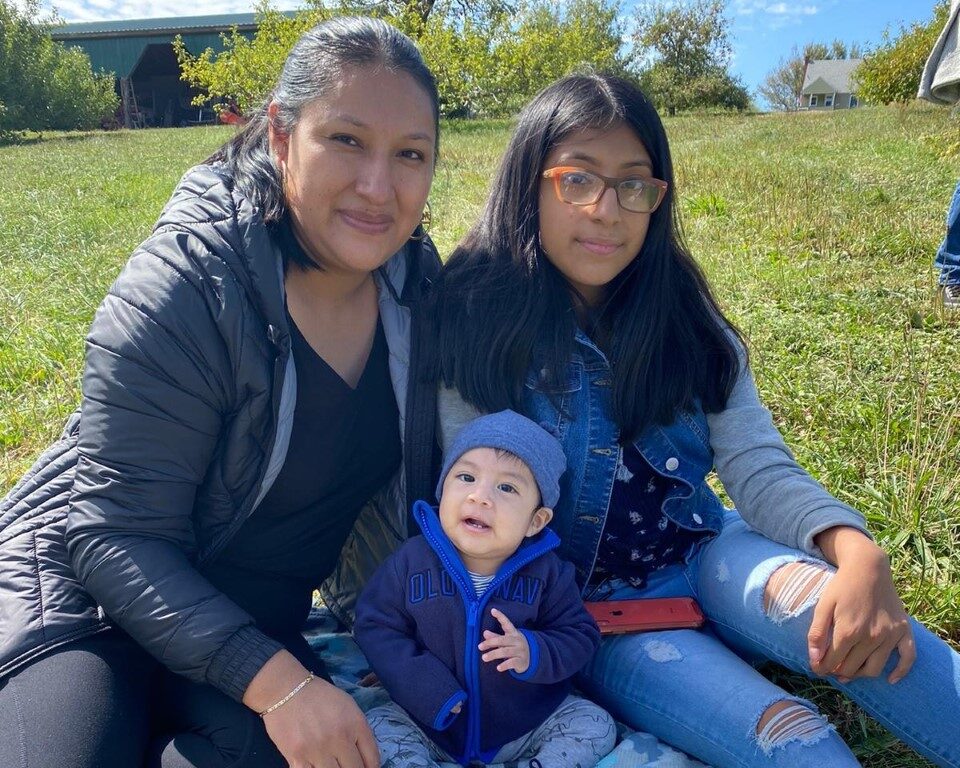
Hola, mi nombre es Melinda. Tengo dos hijos se llaman Emely (12 años) and Erick (un año). Soy participante de las familias del Child Center de NY y estoy enormemente agradecida con el centro por todo el soporte que ellos me han dado. Perdí mi esposo cuando el menor de mis hijos tenía 6 semanas debido al COVID. Mi cuñada me recomendó el centro y el Child Center de NY me ha ayudado mucho.
Cuando empecé en el centro, les conté mi historia, y basado en lo que les conte ellos me conectaron con otras fuentes y gracias a esas recomendaciones ahora estoy recibiendo terapia con Nicole Stroke. Nicole y mi trabajadora social y mi trabajadora de casa nos han apoyado mucho a mí y a mi familia de muchas maneras distintas. Mi experiencia con el COVID ha sido muy fuerte, desde la perdida de mi esposo todo ha sido muy difícil, el aceptar la realidad para mi hija y para mí no ha sido nada fácil. Mi trabajadora de casa, Eliana, me llama dos veces a la semana para hacer seguimiento conmigo, hablamos de mis hijos, de mi familia y ella siempre me pregunta si hay algún cambio desde la última vez que hablamos, me siento bien cuando hablo con ella.
El centro me ha ayudado con fondos monetarios, comida, juguetes, y libros. Erick es parte de los niños participantes en nuestro programa de Early Head Start en Astoria. Erick estaba teniendo problemas con sus habilidades de movimiento finas, y Eliana me apoyo dándome actividades para ayudarlo con sus habilidades de movimiento. El programa también me dio guianza en como ayudarle a el con su aprendizaje y yo se que el por medio de esto estará listo y preparado para tener éxito el la escuela preescolar y kinder cuando llegue su momento.
Estoy muy agradecida con el centro porque ellos me han estado asistiendo vigorosamente y siempre logran hacerme sentir bien. Perder un ser querido es duro, especialmente si es su esposo. Mi hija de 12 años se ha visto muy afectada por la pérdida de su padre y a mí me duele profundamente el verle así, lo único que nos da consuelo son todas las memorias que su padre dejo en ella durante estos años. Una vez mas gracias a este centro y sus diferentes fuentes a las que ellos me han conectado. Mi hija ahora está recibiendo terapia, a pesar que ella siente que la terapia no es necesaria; yo sé que será una gran ayuda y a largo plazo beneficioso para ella. La primera vez que ella recibió terapia ella se sintió bien y yo también estoy tratando de apoyarla con la terapia y con la ayuda que estoy recibiendo le he dicho que tenemos que ser fuertes para poder superar nuestra perdida. Mi hija siempre esta preocupada y piensa mucho que pasara con nosotros ya que mi esposo era el proveedor en nuestra familia, pero con la ayuda del Child Center de NY hemos sido conectados con otros programas que nos están ayudando con la parte monetaria de la renta y también tenemos cupones de alimentos.
El Child Center de NY a sido una enorme ayuda para mi familia y para mi y estoy sumamente agradecida.
Melinda’s Story
Hello, my name Melinda. I have two kids, Emely, who is 12, and Erick, who just turned one. I lost my husband to COVID when my youngest baby was 6 weeks old. My sister-in-law recommended me to the Early Head Start program at The Child Center of NY.
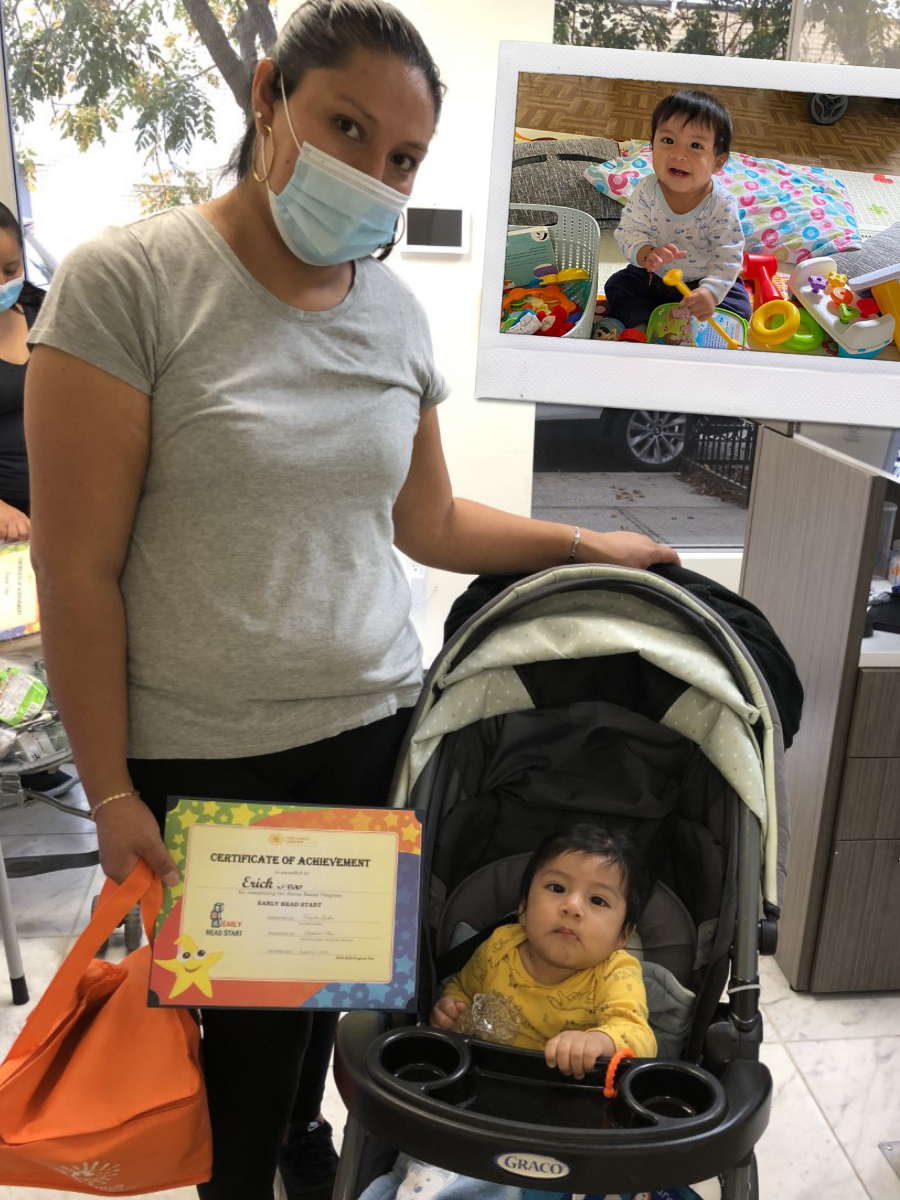
In addition to providing comprehensive child development and family support services through our Early Head Start program in Astoria, The Child Center supplied the family with toys and books, as well as food and financial assistance.
When I enrolled Erick in the program, I told them my story, and based on what I told them, they connected me to other resources. Thanks to those recommendations, I am now receiving therapy with Nicole Stroke through The Child Center. Nicole and our Early Head Start family worker and home visitor have been supporting my family and me in various ways.
My experience with COVID has been hard. Since the loss of my husband, it’s been very difficult for my daughter and me to adjust to reality. Eliana, my home visitor, calls me twice a week to follow up with me and to talk about my son and my family. I always look forward to her call.
The Child Center has helped me with monetary funds, food, toys, and books, and with Erick’s education. Erick is a participant in the Early Head Start program in Astoria. He was having a hard time with his fine motor skills, and Eliana provided extra activities to support those skills. They also guide me in supporting Erick’s learning, and I know he will be prepared to succeed in preschool and in kindergarten when the time comes.
I am very grateful to The Child Center because they have been helping me unwaveringly, and they manage to always meet my needs and make me feel good. To lose a loved one, it’s hard, especially if it’s your husband. My daughter has been really affected by it; she has been suffering because of the loss of her dad, and it hurts me deeply to see her like that. What makes us feel better are the memories that her dad had built with her along the years. She was resistant to therapy at first, but I know she is benefiting from it, and it will be a big help for her down the line. The first time she had therapy she felt better, and also the support that I have been receiving has lessened her anxiety. My daughter is always worrying and thinking about our future because my husband was the family provider, but with the help of The Child Center of NY, I have been connected to other programs that are currently helping me with the rent and getting food stamps.
The Child Center of NY has been an enormous help for me and for my family, and I am very thankful.
Editor’s Note: You can help families like Melinda’s by making a year-end donation to support our programs, or donating to our holiday toy drive, through which 100% of donations go toward purchasing a gift for a child whose family is struggling. Every donation makes a difference.
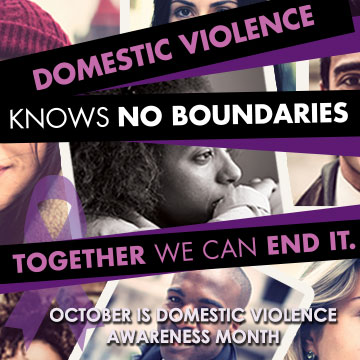
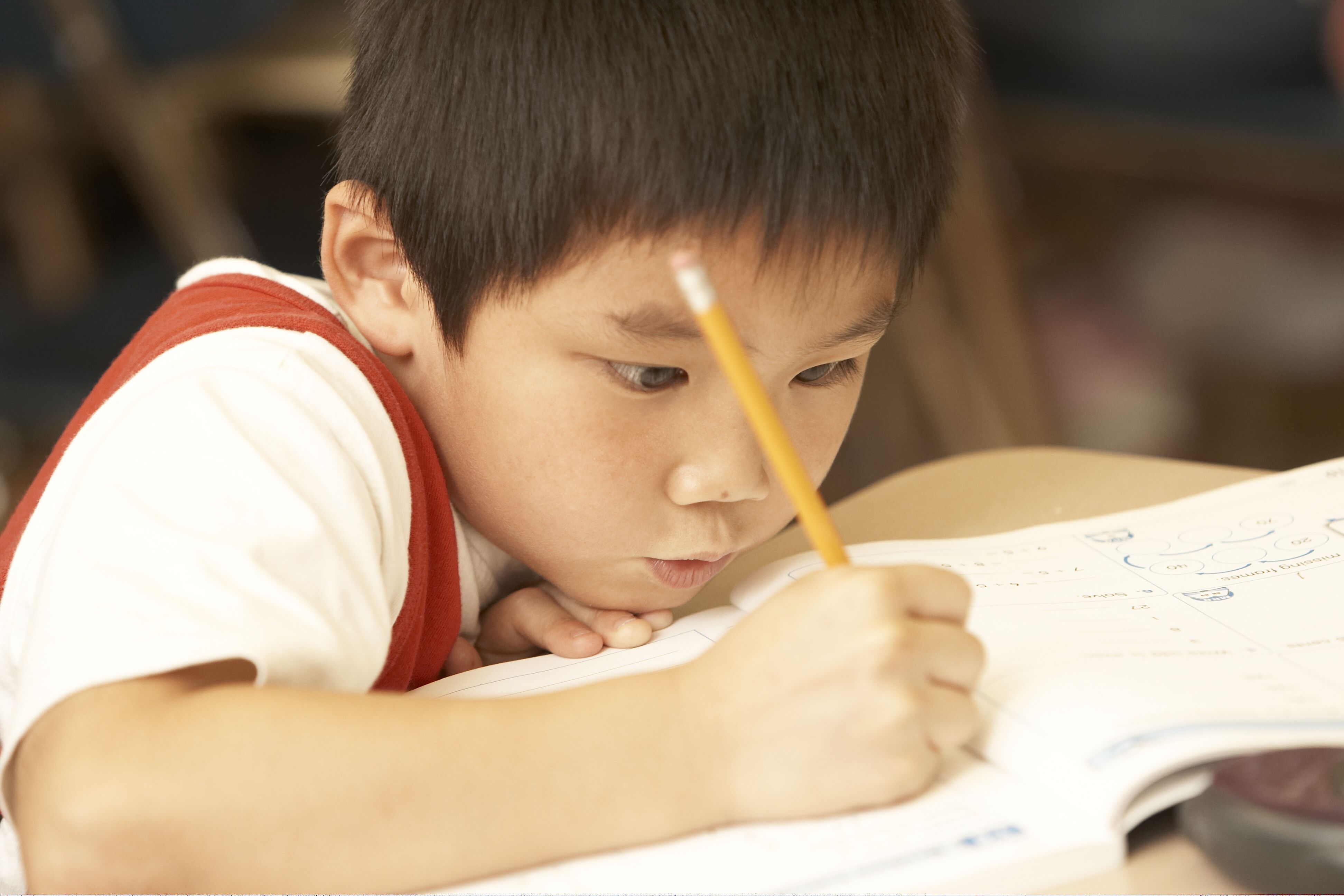
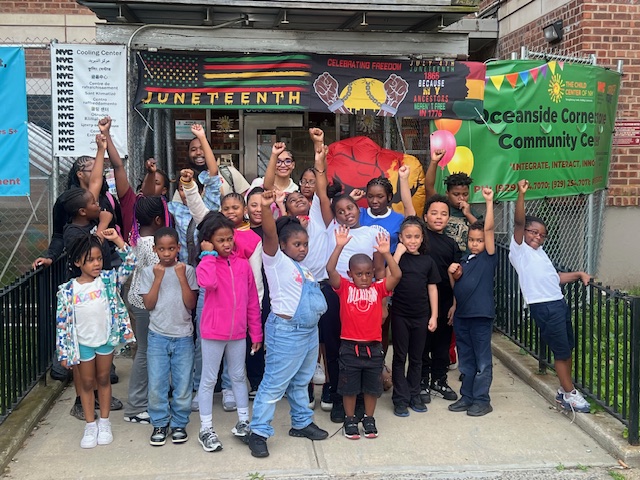
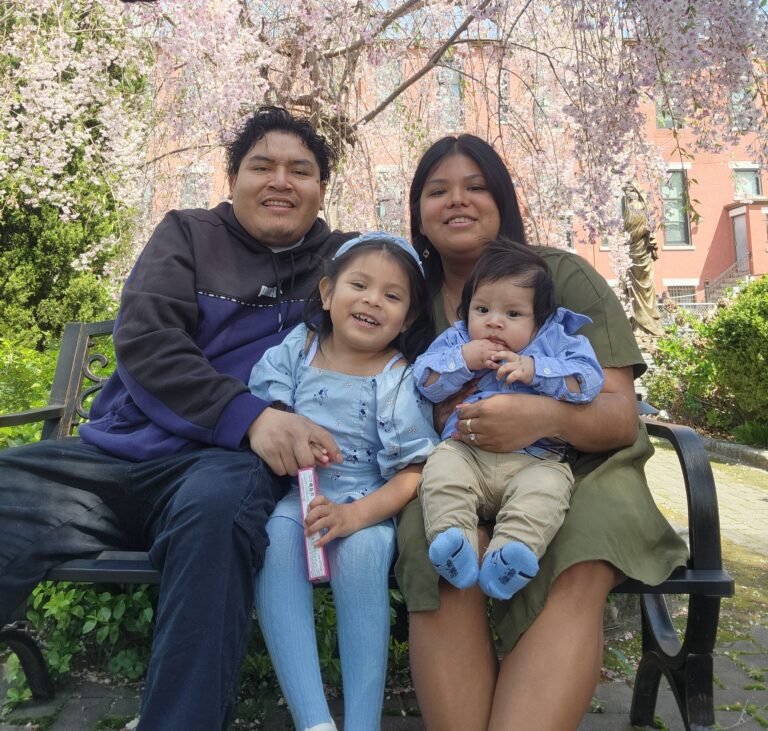
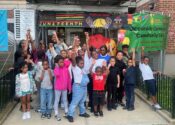
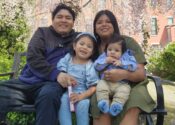


You must be logged in to post a comment.